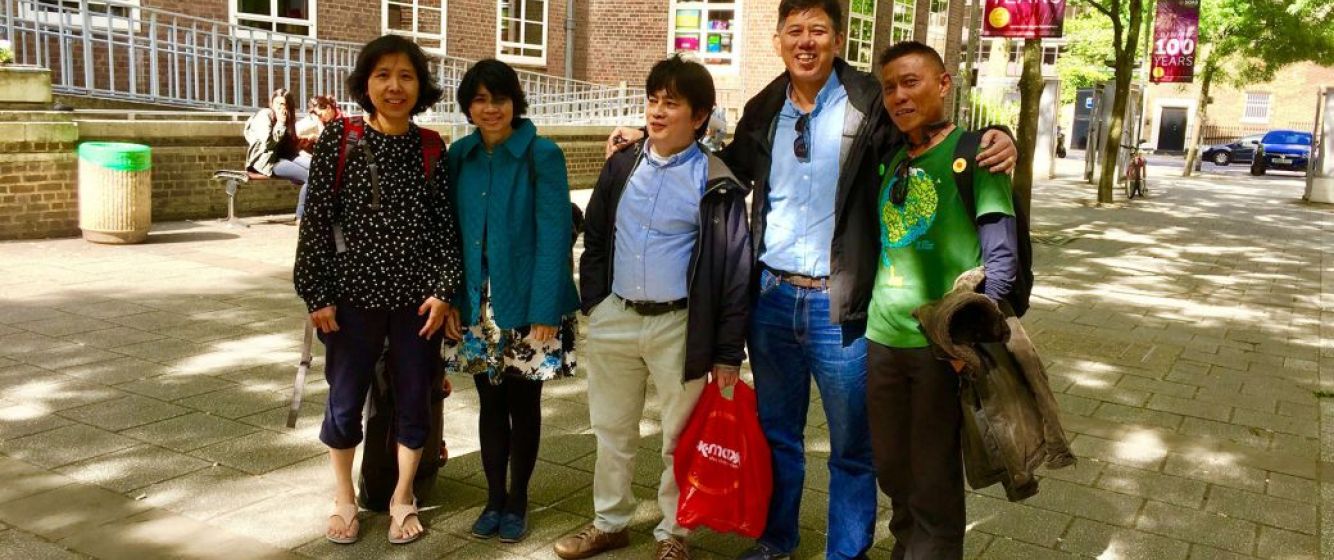Over the next few weeks, the blog will feature updates from our principal investigators on all the projects under the HaB umbrella.
These updates will reflect the discussions and activities that took place over the past year, the connections forged, the challenges faced, and outlines for the future.
Project Update The Cultural Production of Dissent in Myanmar
Activities
- A HaB Methodology Workshop was held in Mandalay in July 2017, which over 120 people attended.
- Workshops and meetings with Burmese exiles and cartoonists in London, Chiang Mai and Mandalay during which over a thousand cartoons were collected and initial networks were built.
- Community-level meetings were held in the Taungtaman area of Mandalay and project sites were selected
- Eight scholars including a pro-rector attended the 10th edition of ICAS in July 2017.
- Oil field visits were made and collaborations with local environmental groups were initiated
Testing HaB Methodologies
HaB methodologies were tested at two different locations—Taiwan and Yangon with two different groups of students. In Taiwan: In Taiwan, a group of first-year students from the new South-East Asian Languages and Cultures programme at the National Chengchi University were asked to pick different Burmese food items through which they were going to study Myanmar. Students did not know what to expect, or did not expect much to learn from food items. But the themes that emerged from their interviews with cooks and food vendors surprised the students. Using food as an entry point, they explored the following ideas:
- The gendering of different food, and how gender stereotypes differ from one country to another
- The difference in cooks' interactions with Taiwanese in their kitchens and on the store fronts that reflect Burmese integration patterns
- Different sights, smells, tastes and sounds a Burmese neighborhood presents
- Religious and other cultural values Burmese immigrants and even Taiwan-born Burmese hold onto to affirm their Burmese heritage
Overall, students were excited by this discovery and the dean of the program asked me to come back to conduct similar research. In Yangon: For the Yangon University students, it was different challenge, since the HaB methodology not only challenges the existing methodologies that silence human voices in favor of structural or policy explanations emphasizing nation builders and high achievers, but also challenges the injustice (to the students, disciplines and communities) enabled by such hegemonic approaches. It was a ground-breaking experiment made possible by the courage of the head of the department and we both are willing to continue with this experiment. In addition to these two major experiments, fieldwork and archival works on cartoons, gender, and dissent as well as with oil workers in the dryzone have been carried out. Tharaphi Than
